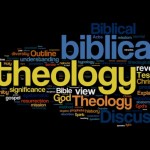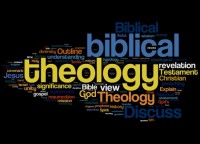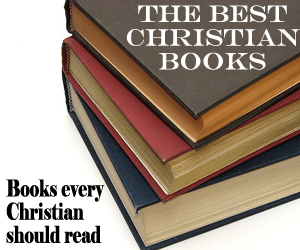 I am an avid reader. While I read all sorts of books, people sometimes ask me what my recommendations are for the best christian books I have ever read. Click here to go to the list.
I am an avid reader. While I read all sorts of books, people sometimes ask me what my recommendations are for the best christian books I have ever read. Click here to go to the list.
That list of my best Christian books are below. This list of the top Christian books that everyone should read is probably not like any other list of Christian books you have ever read.
I remember when I was in Bible college, I asked about 10 professors for their list of top 10 Christian books. I was shocked when they gave their lists to me to find that all the lists were nearly identical. I think that between the 10 of them, I ended up with only about 15 books that they recommended. Even more shocking was that I had already read every single one of the Christian books on their lists … and hadn’t thought that most of them were all that good.
So let me tell you how the top Christian books below made it onto my list. I use three main criteria for the best Christian books I have ever read.
1. A Top Christian book sets my mind on fire and my heart racing.
Have you ever read a book that set your mind and heart on fire? That radically changed the way you viewed life, read Scripture, or interacted with God and others?
All of the books below did this for me. These are the best Christian books which every serious student of Scripture and theology should read.
I previously called this list of books my “Burning Books List,” not because these books must burned, but because they branded themselves into my mind. These books set my mind on fire and my heart ablaze. The ideas they contain smolder in my bones, shed light on the Scriptures, and help bring life to the world.
2. A Top Christian Book is one I scribble in … A LOT
When I read, I underline key points and scribble notes in the margins.
With the Christian books listed below, it sometimes seems that every sentence gets underlined and every margin gets filled.
Some of these Christian books answered a Bible question I always had, solved a theological dilemma I was facing, or helped with an issue in a way I had not found elsewhere.
3. A Top Christian book brings about life change
While I have a very inquisitive mind, I don’t just read books to gain information. The best Christian books will change the way you think about God, about Scripture, about yourself, about your marriage, about life on this earth, or about other similar topics, and will inspire you to not just think differently, but to live and act differently.
The best Christian books will not just renew your mind; they will also renew your life.
The Christian books on the list below did this for me in one way or another. They changed the way I think, ignited my passion for a purpose, and gave me an “Aha!” moment that sent my life and my theology in a new direction. Often, they inspire me to write books of my own.
The books below are some of the Christian books that have helped form and change my theology. These are the top Christian books I recommend the most.
The Best Christian Books I Have Ever Read (and you should too!)
Note: more books will be added to the list as I think of them (or read them). If you have one you think should be on the list, let me know in the comment section below.
Click a Category to Jump to that Section:
Bible Study: | Bible Backgrounds | Bible Commentaries |
Theology: | General | Bible | God | Jesus | Holy Spirit |
Humanity | Sin | Salvation | Church | End Times | Angels & Demons |
Life: | Discipleship | Prayer | Marriage | Parenting | Mission & Purpose | Fiction |
Note: Click the book covers below to buy the books on Amazon. The Amazon links are affiliate links, which means that if you buy a book, I will receive a small referral commission. Thank you for supporting my work!
Best Christian Books for Bible Study
Best Books on Bible Backgrounds
One of the best ways of learning what the Bible means is by studying the historical and cultural background of the various Biblical books. While I have read dozens of such books, here are some of the best Christian books in the area of Bible backgrounds.
Best Bible Commentaries
I own thousands of commentaries, and while it is difficult to recommend a commentary for pure “reading” enjoyment, every once in a while I run across a commentary that has far-reaching ramifications not just for the book which the commentary explains, but for numerous other passages in Scripture as well. The Bible commentaries listed below did that for me.
Old Testament Commentaries
New Testament Commentaries
Best Books on Christian Theology
The following list of theology books are divided up into the various categories of systematic theology. My theology is always in flux, due in large part to the wide variety of books I read on theology. The books listed below have changed my theology the most and caused me to see God, life, and certain key theological issues in a new light.
Best Books on General Theology
These books are not dealing with any particular area of theology, but present a new paradigm or a new way of looking at theology that really helped my theological development.
Best Books on the Bible
These books provide new insight into how to read and study the Bible, and what sort of book the Bible really is. As the Bible is a primary source for Bible knowledge and theology, these books are vitally important for my theological thinking.
Best Books about God
No theological system is better than its view of God. In my opinion, most theologies go wrong right from the start because they have a wrong view of God. The books listed below helped me learn about God in a new way, and come to see God in a new light.
***
Best Books about Jesus
Jesus is the center of our theology and the cornerstone of our life as Christians. Jesus reveals God to us, and shows us how to live as a true human being. The books listed below helped me learn more about who Jesus truly is, what He came to do, and how He reveals God to us.
Best Books about the Holy Spirit
There is so much confusion out there about the Holy Spirit, that we must make sure we know Him properly, and allow Him to function as He wants in our life. Sadly, I have not yet read any great books about the Holy Spirit. If you have any to recommend, let me know in the comment section below.
Best Books about Humanity
We tend to think that since we are human, we know everything there is to know about us. But this is not true. A large part of theology lies in understanding ourselves correctly.
Best Books about Sin
You typically don’t enjoy reading about sin, but these books on sin will help you understand what sin is and why Jesus came to deliver us from sin. Don’t assume you know what sin is!
Best Books about Salvation
This life is short, but what comes after this life lasts forever. As such, it is critical to properly understand issues related to eternal life, assurance of salvation, the role of faith and good works, and all related issues. The following books will challenge your thinking in these areas and provide much-needed clarity on the Gospel, evangelism, and eternal life.
Best Books about the Church
My views on church have radically changed in the last decade. The following books led to some of the greatest shifts in my thinking about church. If you have questions or concerns about what church is, how to function as the church, or what the Bible says about church, I recommend you read the following books. Also, I have written several books of my own on this topic (and am writing more), and while these didn’t make my “Best Christian books” list (how arrogant would that be?), you can go to Amazon to see these books.
Best Books about the End Times
Books about the End Times are a always a hot topic. If I ever read a book which provides some clarity to all the confusion about what is supposed to take place in the future, I will list those books here. So far, I have not found anything that is really worth recommending. If you know of a book or two, let me know in the comment section below.
Best Books about Angels & Demons
Somewhat like books about the End Times, books about Angels and Demons are quite popular. But I am typically not into popular books. I want books that push away the fog and bring some sanity to the hype and confusion about angels and demons. The books listed below helped do that for me.
Best Christian Books about Life
I do not just read books about Scripture and theology. In fact, since my goal on this site is to Bring Scripture and Theology to Life, I also read lots of books about how to live life, and how best to put my theology into practice. Scripture knowledge and theology should lead to changes in our life, or all that study is worthless and pointless. Here are a few areas of books that have been helpful for me.
Best Christian Books on Discipleship
Best Christian Books on Prayer
Best Christian Books on Marriage
Marriage is tough. In my experience, the marriage relationship of a husband and wife is the most difficult and demanding relationship two people will ever experience, but also the most rewarding and enjoyable. In a marriage, you will experience the highest highs life has to offer, and also the lowest lows. There is nothing more thrilling or depressing. And yet, most marriage books are relatively worthless. Every once in a while I read one that seems particularly helpful. These are listed below.
Best Christian Books on Parenting
Along with marriage, parenting is full of potential pitfalls. I am a father to three girls, and the books listed below have been most helpful to me as I learn to be a father and raise my girls to be the godly women God wants them to be.
Best Books on Christian Mission & Purpose
Having Bible and Theology knowledge is good, but it is even more important to put what we know into practice. Lots of Christians seem to think that this life is little more than a rest stop on our way to heaven. We are here to sit in Bible studies and Sunday services while we wait for the cosmic bus ride to heaven. Nothing could be further from the truth. The books below challenge Christians to get up off their couches and pews and get out into the world to follow Jesus into the dark and sinful places. If you are looking for books to challenge how you live your life as a follower of Jesus, these are the books I recommend.
Best Fiction Books
I read fiction too. Did you know that books of fiction can teach you theology? Believe it or not, certain aspects of my theology have been radically changed by what I read in some books of fiction. Here are the fictional books which changed or challenged my thinking the most.


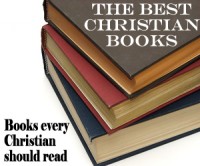
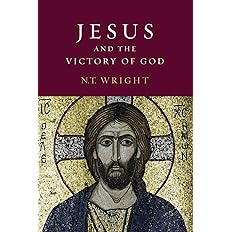
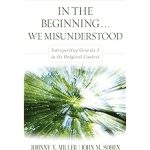
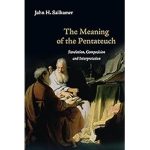
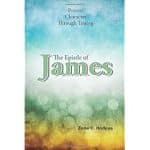
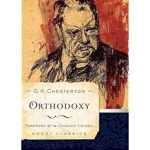
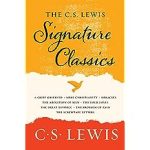
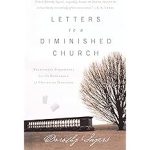
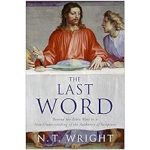
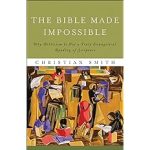
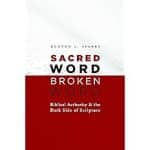
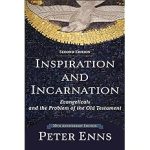























































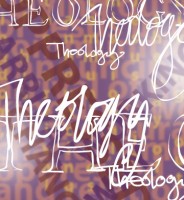 Yesterday, I proposed
Yesterday, I proposed 


